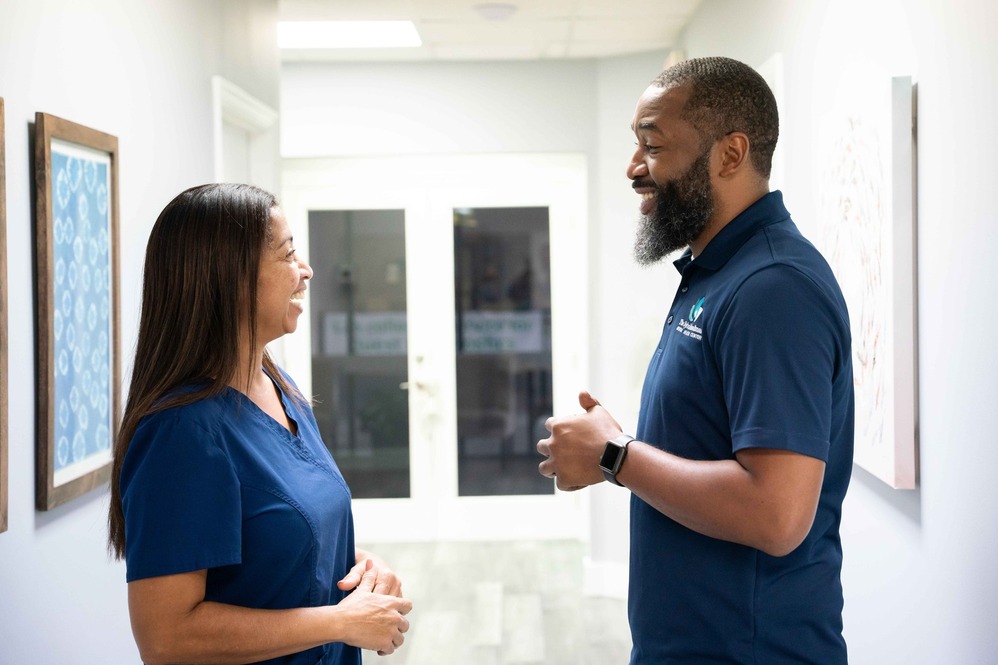Does Prozac Help with Co-occurring Disorders (I.e., Depression and Anxiety)?
Yes, Prozac (fluoxetine) can help manage co-occurring disorders, such as depression and anxiety, by targeting both conditions simultaneously. SSRIs like Prozac work by increasing serotonin levels in the brain, which regulate your mood and alleviate symptoms associated with both depression and anxiety disorders, which are commonly treated concurrently for optimal results.
By comprehensively addressing both issues at a co-occurring disorders treatment center like Sylvia Brafman, Prozac can improve overall emotional well-being and functioning when used as a complement to talk therapy. Depression and anxiety have many overlapping symptoms, such as feelings of sadness and excessive worry, and Prozac addresses both. It’s essential to work closely with a mental health professional for proper diagnosis and treatment planning. Together, you can determine what other treatment techniques Prozac can effectively supplement.
How Long Does Prozac Take to Work?
Prozac (fluoxetine) typically begins to show effects within one to two weeks, showing some improvements in mood and anxiety symptoms. However, it could take up to four to six weeks or longer to achieve the full therapeutic benefits. Individual responses to the drug can also vary based on factors such as the specific condition being treated, dosage, and metabolism.
It’s important to maintain regular communication with your mental health provider, as adjustments to the dosage may be necessary to optimize results. Be sure to track and report changes to your mood and any side effects you experience. Adhering to the prescribed dosage and treatment plan while continuing to check in with a healthcare professional can help ensure the best outcomes with Prozac.
Our patient advocates are commonly asked questions such as “How long does Prozac take to work for anxiety?” or “When does Prozac start working for anxiety?” While results vary from individual to individual, we may be able to give you a sense of what to expect based on your circumstances. Reach out to our patient advocates at (877) 958-9212 today.










